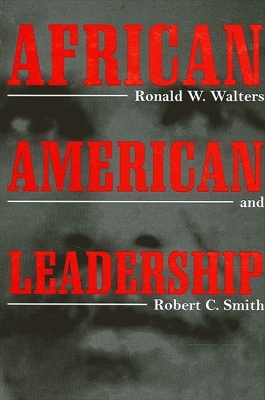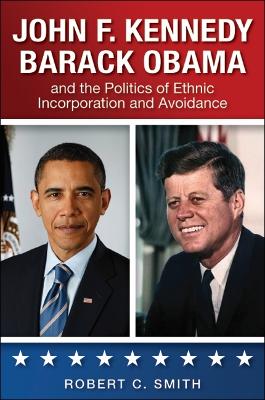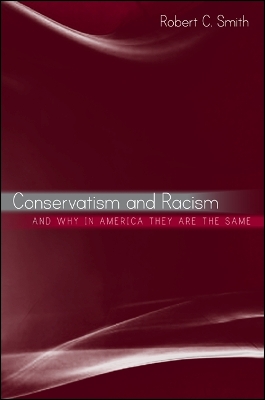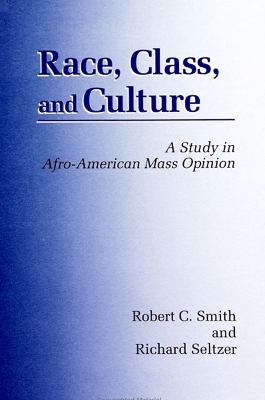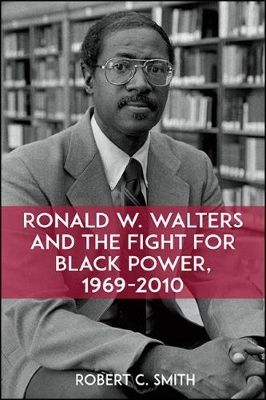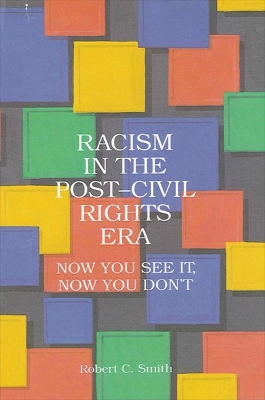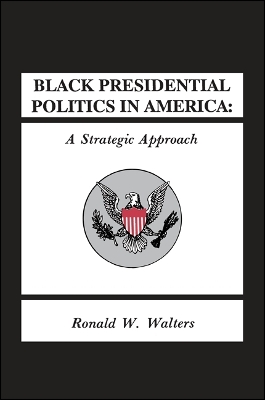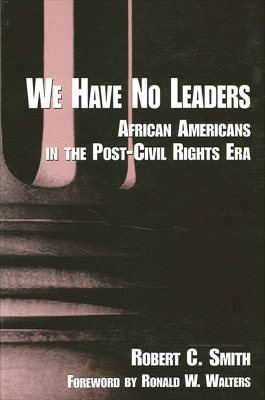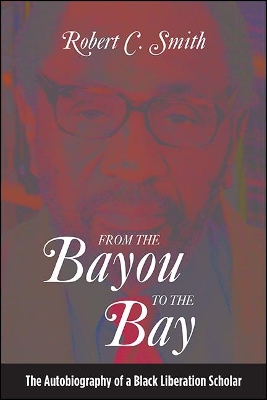SUNY series in African American Studies
9 total works
John F. Kennedy, Barack Obama, and the Politics of Ethnic Incorporation and Avoidance
by Robert C. Smith
Conservatism and Racism, and Why in America They Are the Same
by Robert C. Smith
Given the growing class bifurcation in black America and the continuing debate about its significance in shaping black attitudes and behavior, this book offers a refreshing new analysis of the homogeneity as well as heterogeneity of black mass public opinion.
Ronald W. Walters and the Fight for Black Power, 1969-2010
by Robert C. Smith
